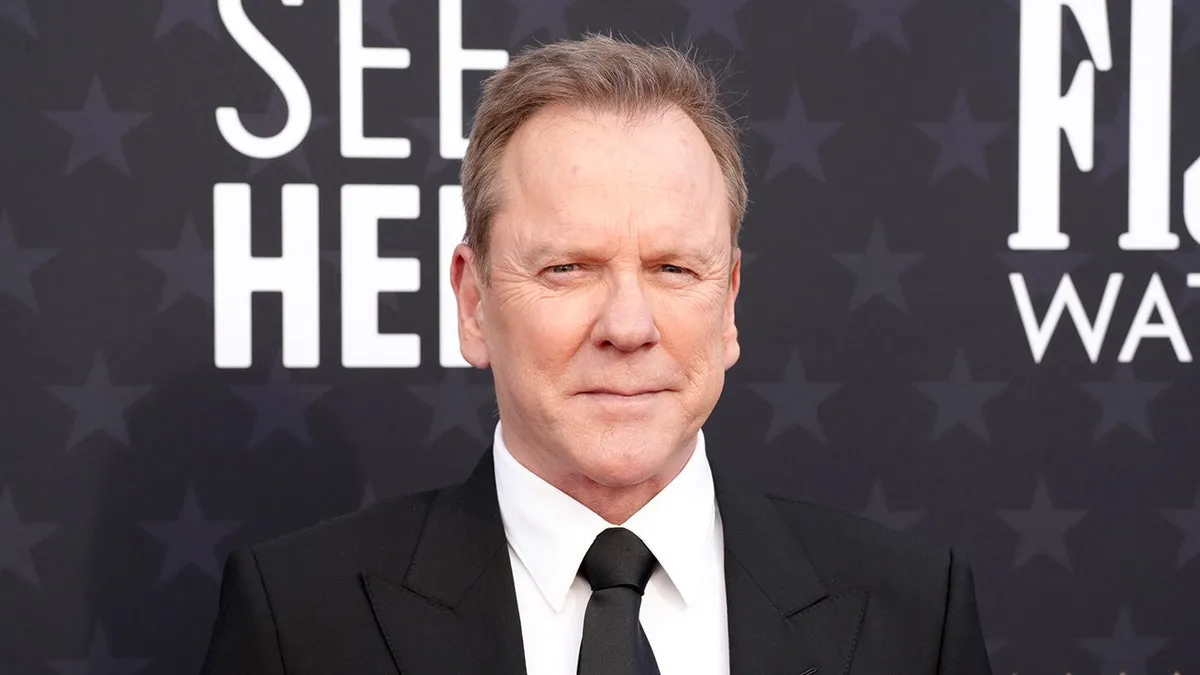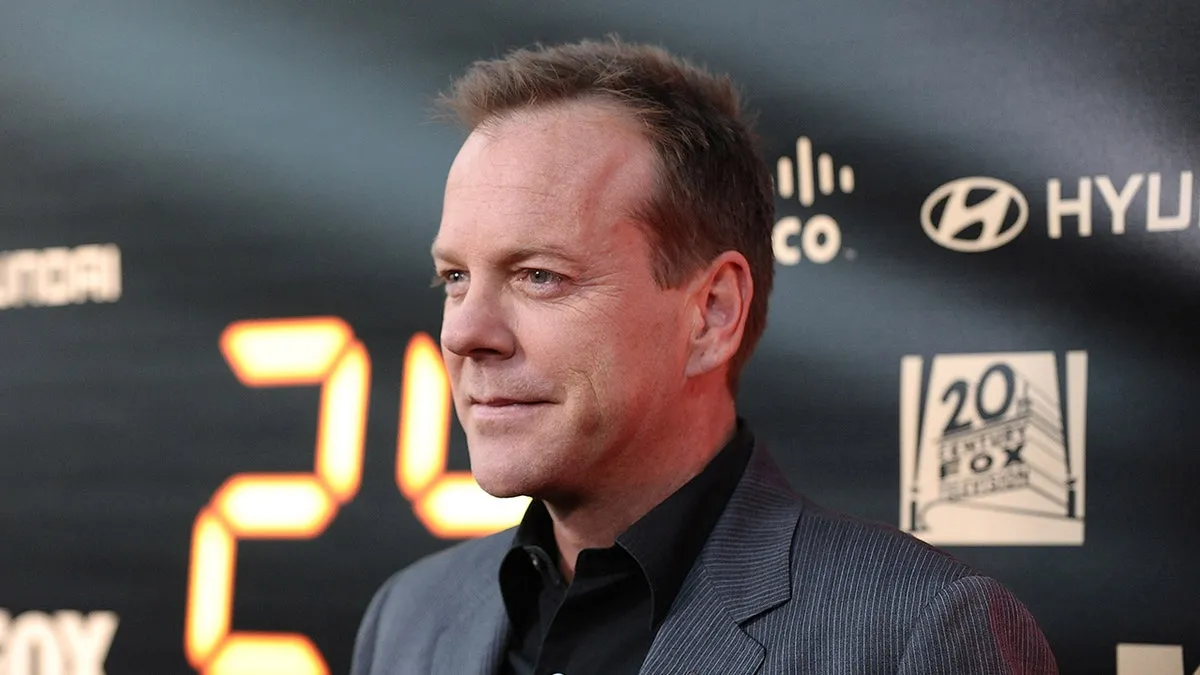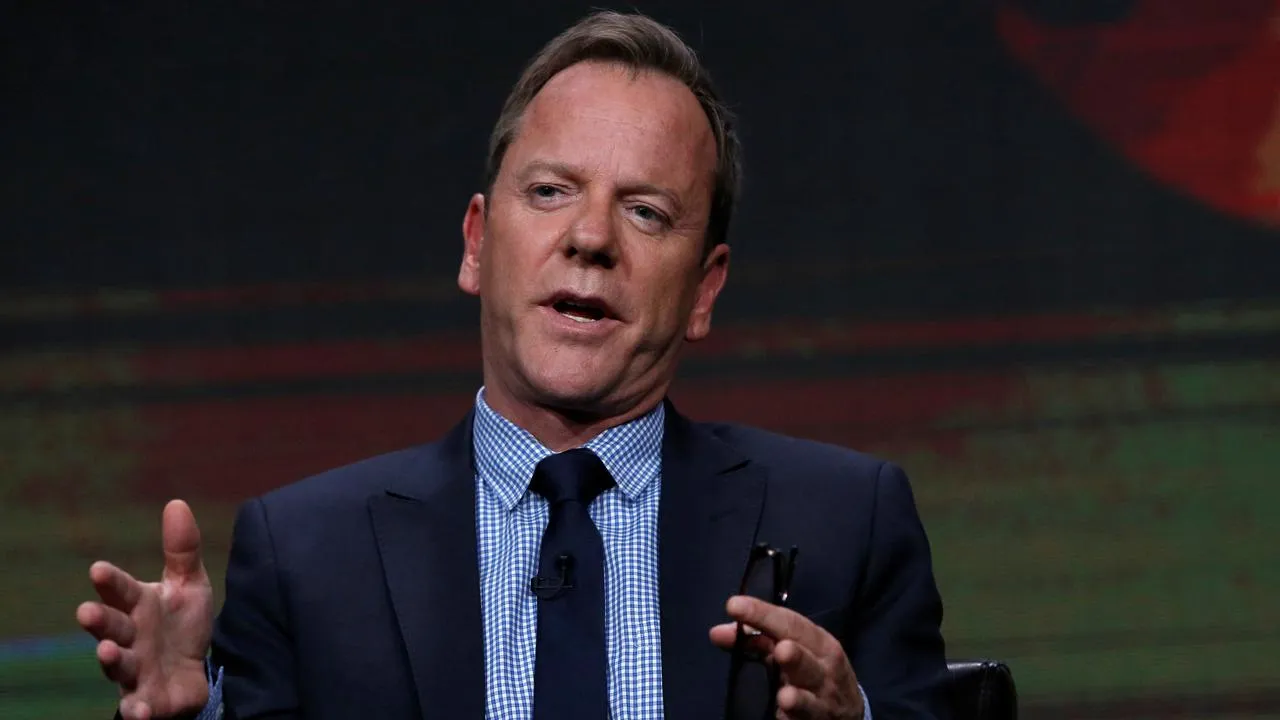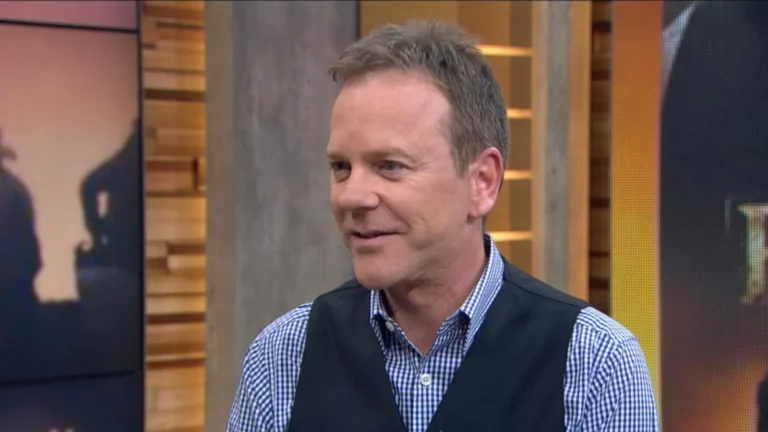Kiefer Sutherland’s career trajectory took a definitive turn when he assumed the role of Jack Bauer on the critically acclaimed television series “24.” This show not only catapulted him into the spotlight as one of TV’s most formidable stars but also ignited a plethora of debates concerning its portrayal of intense interrogation tactics. While “24” was celebrated for its thrilling narrative and Sutherland’s compelling performance, it also became the center of controversy over its supposed real-world implications.

The Controversial Legacy of Jack Bauer
Jack Bauer, portrayed by Kiefer Sutherland, became synonymous with ruthless interrogation methods. The character’s approach to extracting information through physical coercion—ranging from snapping fingers to suffocating suspects—was gripping for audiences but troubling for critics. This portrayal raised ethical questions, particularly when it was suggested that these fictional methods were influencing real-life military conduct.
In 2006, concerns reached a peak when Brigadier General Patrick Finnegan visited the “24” set. He expressed worries that the show was negatively impacting young military recruits by portraying torture as an effective intelligence-gathering method. Finnegan even suggested incorporating a plotline showing the repercussions of such tactics, hoping it would send a cautionary message to viewers.
Sutherland’s Firm Response to Misplaced Blame
Despite understanding some of the criticisms, Kiefer Sutherland was particularly taken aback when attempts were made to link the actions depicted in “24” to actual war crimes committed by the U.S. military. In a candid interview with The Independent, he vehemently dismissed the notion that a television show could be held accountable for real-world atrocities. “The second [Finnegan] made the comment public, as if somehow ’24’ was going to become your excuse for Abu Ghraib… you must be kidding me. That I won’t accept,” Sutherland stated, defending the artistic integrity and fictional nature of the series.

Beyond the Screen: Sutherland’s Musical Endeavors
Amidst his tumultuous acting career, Kiefer Sutherland found solace in music. This lesser-known passion of his was nurtured quietly behind the scenes, where he often wrote songs and played guitar. With some encouragement from his friend Jude Cole, Sutherland ventured into the music industry, co-founding the indie record label Ironworks. In 2016, he introduced his debut album, “Down in a Hole,” showcasing his musical talents beyond his established acting prowess.
Personal Life and Lost Loves: The Julia Roberts Chapter
Kiefer Sutherland’s personal life has been as newsworthy as his professional undertakings. His relationship with Julia Roberts, another powerhouse of Hollywood, was highly publicized in the early ’90s. The couple met on the set of “Flatliners,” and their romance quickly escalated to an engagement. However, the relationship met an abrupt end when Roberts called off their wedding just days before the ceremony and famously eloped with Sutherland’s friend, Jason Patric.

Reflecting on their whirlwind romance years later, Sutherland acknowledged to Rolling Stone that their youthful naiveté played a significant role in the relationship’s downfall. He expressed a mature perspective on the breakup, suggesting that it was perhaps for the best.
Kiefer Sutherland’s journey through the landscapes of television, film, and music paints a picture of a multifaceted artist who has continuously evolved and adapted. His experiences underscore the complexities of blending fictional narratives with real-world perceptions and the personal growth that often comes from navigating fame and public scrutiny.
